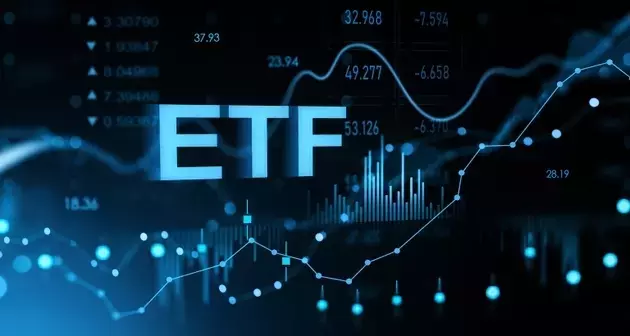
This analysis delves into the Capital Group Dividend Growers ETF (CGDG), which aims to provide investors with exposure to global equities offering both attractive dividend yields and sustained dividend growth. Launched in September 2023, CGDG presents a unique proposition with its significant international diversification, particularly in European and Asian markets. However, its relatively high expense ratio of 0.47% and a nascent track record raise questions about its long-term viability compared to more established, lower-cost alternatives.
Exploring the Capital Group Dividend Growers ETF
The Capital Group Dividend Growers ETF (CGDG) is a relatively new player in the investment landscape, having commenced operations in September 2023. Its primary objective is to identify and invest in global equities that demonstrate strong potential for both current dividend yield and consistent dividend growth over time. A notable characteristic of CGDG is its diversified geographical allocation, with approximately 30% of its holdings in European companies and 16% in Asian markets. This international exposure distinguishes it from many U.S.-centric dividend growth ETFs. While CGDG has shown promising short-term performance, its limited operational history makes a comprehensive long-term evaluation challenging. The expense ratio of 0.47% is also a point of consideration, as it is higher than many passive, U.S.-focused dividend ETFs. Given these factors, CGDG is currently assessed as a 'Hold' recommendation. For investors prioritizing lower costs and a proven track record, passively managed U.S. dividend growth ETFs such as Vanguard Dividend Appreciation ETF (VIG) or iShares Core Dividend Growth ETF (DGRO) might offer more compelling long-term potential.
As an observer of the investment world, this analysis highlights the ongoing tension between innovative new products and time-tested strategies. CGDG’s global approach to dividend growth is certainly appealing, offering diversification beyond U.S. borders. However, the investment community often values a longer track record and lower costs, especially in the ETF space where efficiency is paramount. This emphasizes the need for careful due diligence, balancing potential rewards with inherent risks and costs, particularly when considering newer, actively managed funds. It reinforces the idea that sometimes, simpler, more cost-effective options can lead to better long-term outcomes.
